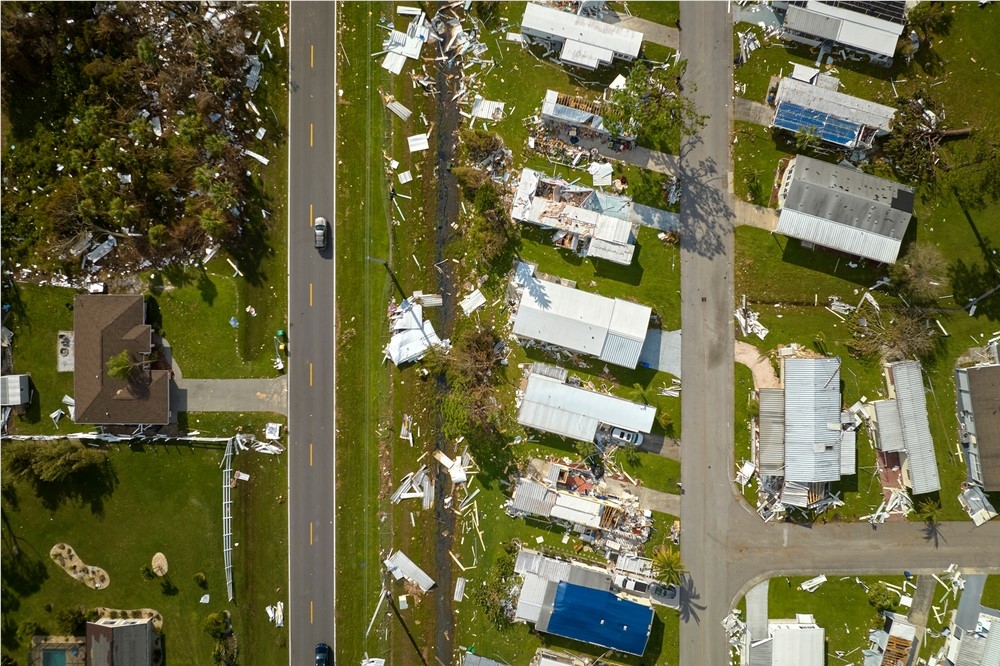
A home disaster can include fires, floods, or damage during a significant storm. They strike suddenly and overwhelm unfortunate homeowners. If you’ve suffered a tragedy that damaged your home, the first step is to determine whether it’s safe to stay there.
Below are the factors to consider when making that decision and the steps to take if you decide to leave your home.
SAFETY FIRST
Your first instinct likely is to stay in your home. However, you might find yourself not having any choice but to leave. That’s because certain unsafe conditions can threaten your health and even your life if you stay.
Although the disaster is behind you, there could be hidden structural damage in your home. Even if some rooms appear to be unaffected, it’s a must to have your home inspected to ensure that your roof, walls, and flooring haven’t been compromised. It can take days or even weeks for some damaged structures to fail, and you don’t want to be in your home if that happens.
Next, you should consider the severe health implications of mold and smoke. The Institute of Medicine (IOM) found sufficient evidence to link indoor exposure to mold with upper respiratory tract symptoms, cough, and wheeze in otherwise healthy people, asthma symptoms in people with asthma, and hypersensitivity pneumonitis in individuals susceptible to that immune-mediated condition. Mold starts to grow immediately after a flood, posing a health concern to you and your family.
After a fire, it’s unsafe to breathe the air around smoke-damaged areas. Everything from window coverings to your clothing can harbor foul smoke odors that are unpleasant and can damage your lungs.
ARRANGING ACCOMMODATIONS
If you plan on vacating your home, you should check with your insurance company immediately to see if it will cover the cost of an apartment rental or an extended-stay hotel. Although temporarily relocating may seem inconvenient and expensive, it may help you avoid serious health issues down the line. It is vital to keep every receipt, including those you think may not be covered by insurance.
Before leaving your property, you need to secure it: Unplug all electrical appliances and equipment, lock doors and windows, or, if necessary, board up your home. It is essential to relocate essential documents, such as titles to cars and property, to a safe place. Gather valuables and irreplaceable personal items and take them with you or ask a trusted friend or family member to store them temporarily. Finally, contact local law enforcement and ask them to check on your unoccupied home while you’re gone.
HOW WE CAN HELP
At Recon Roofing & Construction, your desires will always be met to the best ability. We stay up to date on the latest trends and deliver them with sustainability and at the most affordable price possible. If you suffered a disaster please reach out to us by submitting a quote form or giving our team a call!

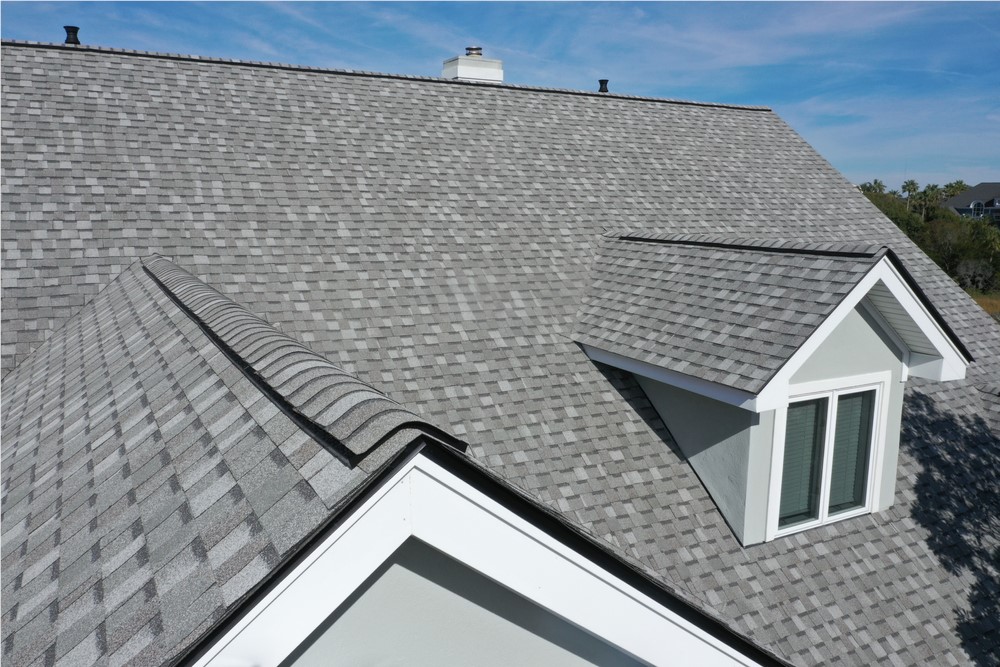
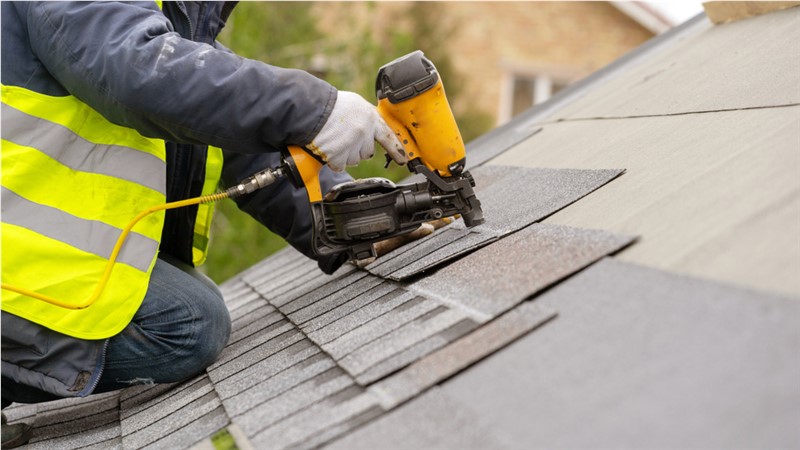
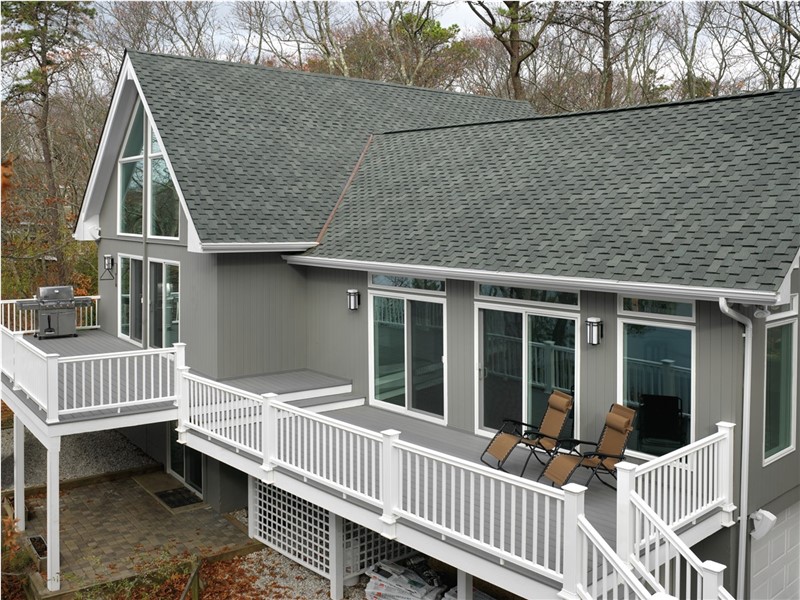
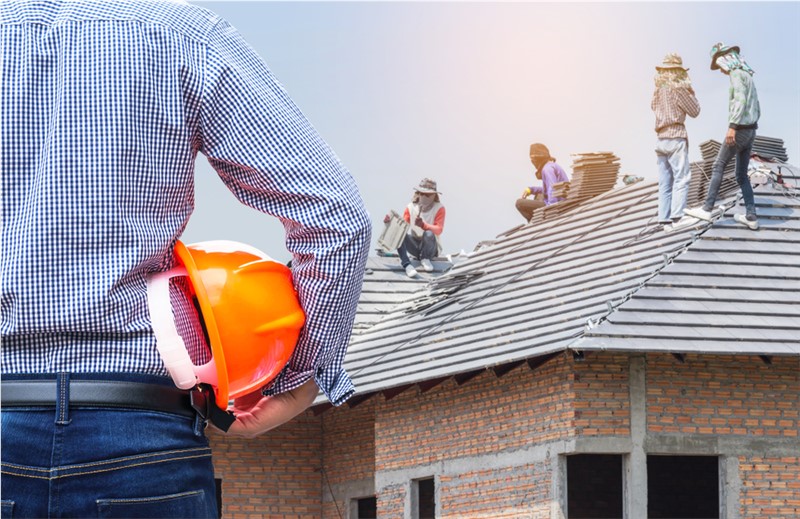
Comments